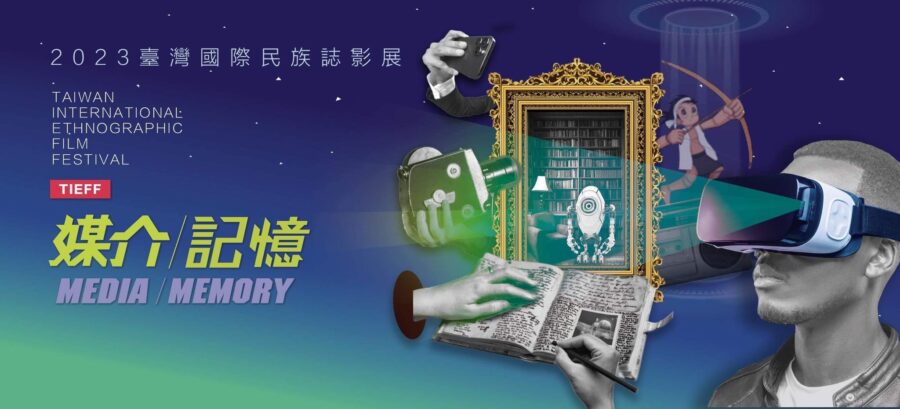Plant Wars
No plant in the world is exotic. For the plants, we are foreign. The theme of Plant Wars concerns ‘exotic’ plants, ‘indigenous’ plants, ‘special’ plants and battles among them, as well as some of our ‘imaginations’ over the battles. Among the people in the stories, some climb the trees, some sing, some miss their deceased espouses, some live by the plants, some talk to the leaves, some grow trees, some hack trees and some cannot find a proper identify of community. Some of the battles are visible, yet more are invisible. We cannot recall their names. It is not because they are too foreign but they are too familiar. Not because they are too far, but too close.
